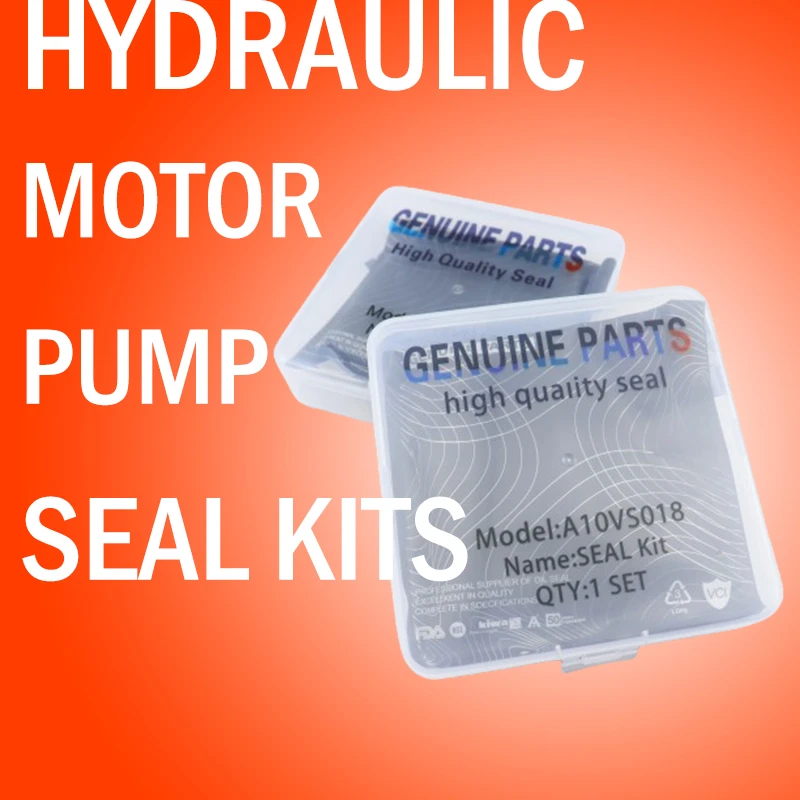Dec . 03, 2024 13:08 Back to list
oil seal hydraulic
Understanding Oil Seal and Hydraulic Systems
Oil seals, also known as radial shaft seals, play a crucial role in hydraulic systems. They serve the primary function of preventing the leakage of fluids and protecting the internal components from contaminants. This article will explore the significance of oil seals in hydraulics, their types, applications, and maintenance considerations.
The Importance of Oil Seals
In hydraulic systems, oil seals are essential for ensuring efficient operation and longevity. Hydraulic systems rely on the precise movement of fluids to generate power and perform tasks such as lifting, pushing, and turning. Any leakage of oil can lead to inefficiencies, reduced performance, and increased risk of damage to the system. Furthermore, contaminants like dirt, dust, and moisture can compromise the integrity of the hydraulic fluid, leading to wear and tear on the system's components.
Oil seals provide a reliable barrier against these threats, maintaining the necessary lubrication and pressure within the system. They are designed to withstand high pressures and varying temperatures, making them ideal for demanding industrial applications.
Types of Oil Seals
There are various types of oil seals used in hydraulic systems, each designed for specific applications. Common types include
1. Single Lip Seals These are the most basic type of oil seals and consist of a single sealing lip that presses against the shaft. They are suitable for applications with lower pressure and speed.
2. Double Lip Seals Featuring two lips, these seals provide enhanced protection against contaminants and are often used in more demanding environments. The second lip acts as an additional barrier, preventing leakage even in extreme conditions.
3. Skeleton Seals These are oil seals reinforced with a metal or plastic skeleton for added stability. They are ideal for applications where high pressure and temperature fluctuations are common.
4. Viton and Nitrile Seals Made from synthetic rubber materials, these seals are designed for specific chemical resistances and temperature tolerances. Viton seals, for example, are excellent for high-temperature applications, while nitrile seals are suitable for a wide range of oil-based fluids.
oil seal hydraulic

Applications of Oil Seals in Hydraulic Systems
Oil seals are used in various industries and applications, including
- Automotive Hydraulic brakes and power steering systems rely on oil seals to maintain fluid integrity and prevent leaks.
- Industrial Machinery Equipment such as hydraulic presses, injectors, and lifts utilize oil seals to ensure efficient and safe operation.
- Construction Equipment Heavy machinery, including excavators and bulldozers, depend on oil seals for hydraulic functions and performance.
- Aerospace In aircraft systems, oil seals are critical for preventing fluid leaks that could compromise safety and performance.
Maintenance and Considerations
Proper maintenance of oil seals is essential to ensure the longevity of hydraulic systems. Regular inspections should be conducted to check for signs of wear, such as cracking or deformation. Additionally, ensuring that the sealing surfaces are clean and free from debris can help extend the life of the seals.
Replacing worn or damaged seals promptly is crucial, as neglecting to do so can lead to severe fluid leaks and potential system failures. When selecting oil seals, it is important to consider factors such as fluid compatibility, temperature, pressure, and the specific application requirements.
Conclusion
Oil seals are a vital component of hydraulic systems, ensuring fluid containment and protection against contaminants. Understanding their types, applications, and maintenance can significantly enhance the performance and reliability of hydraulic systems. By prioritizing the integrity of oil seals, industries can ensure smoother operations, reduce downtime, and improve overall efficiency.
-
Unlocking the Potential of Hydraulic Systems with Essential Sealing Solutions
NewsAug.06,2025
-
Unleash the Power of Your Hydraulic Systems with Our Premium Seal Kits
NewsAug.06,2025
-
Specialized Hydraulic Seal Kits for Breakers, Pistons, and Presses
NewsAug.06,2025
-
Revitalize Hydraulic Systems with Premium Repair and Seal Kits
NewsAug.06,2025
-
Fortify Your Cylinders with Premium Sealing Solutions
NewsAug.06,2025
-
Elevate Hydraulic System Reliability with Specialized Seal Kits
NewsAug.06,2025
-
TCN Oil Seal Metal Ring Reinforcement for Heavy Machinery
NewsJul.25,2025
Products categories
















